Currently impeached president of South Korea, Yoon Suk Yeol //photo courtesy: Getty images
South Korea’s President Yoon Suk Yeol has been removed from office, four months after trying to impose martial law which plunged the country into a political turmoil.
The court impeached Yeol on Friday, exactly 111 days after the National Assembly passed the impeachment motion which accused him of treason after he imposed martial law on Dec 3, which was regarded as a violation of the constitution.
The current acting president and Chief Justice Moon Hyung-bae, read the reasoning behind Yeol’s impeachment which began at 11.00am and was finalized at 11.22am
“Yoon’s exercise of emergency power is beyond justification.” Moon said as he read off a long list of laws that were violated by Yoon, including division of power.
South Korea’s Constitutional Court, unanimously upheld President Yoon’s impeachment, which ruled his removal from office in a 8:0 vote over his failed martial law declaration.
According to reports from Japan times, his move in declaring martial law deepened division in South Korea between Conservative and Progressive voters, and in the worst case scenario, complicated their relationship with their neighboring country, Japan.
He failed at his main mission, where he promised to protect South Korea from the ‘North Korean communist forces’ and ‘anti-state forces’. Reportedly, it did not go as planned because the rival party drove the country into a political turmoil, causing national division.
Despite the allegations, Yoon tried to downplay his failure in maintaining national unity, claiming that no one was hurt during the turmoil
Yoon is the second South Korean leader to be impeached by the court, following the impeachment of former president Park Geun-hye, in 2017, whose impeachment case was upheld by the court on March 10, 2017. Presidential elections were then held 60 days later, on May 9, where Moon Jae-in, the former leader of the opposition party, Democratic Party of Korea, emerged as the winner.
Therefore, with the impeachment ruling on Friday, there is a high possibility that presidential election will be held on Tuesday of June 3.
President Yoon and the first lady, Kim Keon Hee are expected to vacate the Presidential premises located in central Seoul’s Hannam-dong as soon as possible.
According to Korea’s constitution, Yoon is entitled 10 years of security protection, because an impeached president is categorized as one who did not complete their term. Therefore, he will have security posted for him, even if he decides to return to his previous home in Southern Seoul.
He is also going to face criminal trials under charges of insurrection over martial law declaration. He will be the first president in South Korea to stand trial in a criminal case, having faced detention in January after a dawn raid, and was later released early last month based on procedural grounds.
The presidential vacuum in South Korea has heightened its vulnerability, with nuclear-armed North Koreans posing threat after marking it their primary enemy and also, with US President Donald Trump imposing reciprocal 25% tariffs on Seoul.
Political experts reported that even If the court’s verdict is a significant step for South Korea, it will not arrest the political storm that they have experienced the past four months.
Emerging video footage show Yoon’s supporters outside the court, protesting against his impeachment while a bigger percentage of the crowd gathered outside the court to support the verdict.


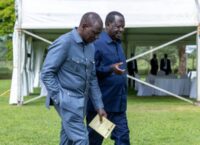





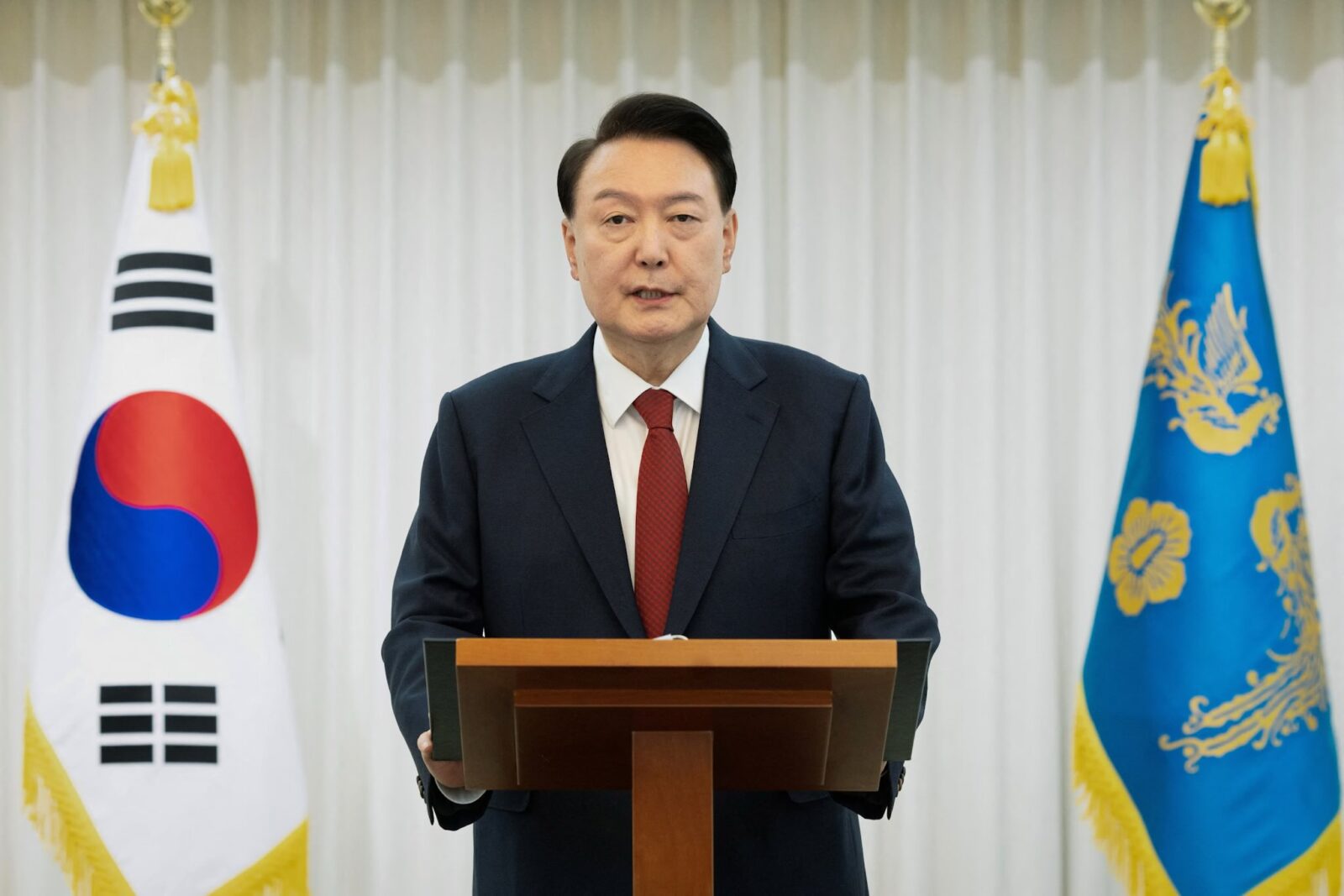


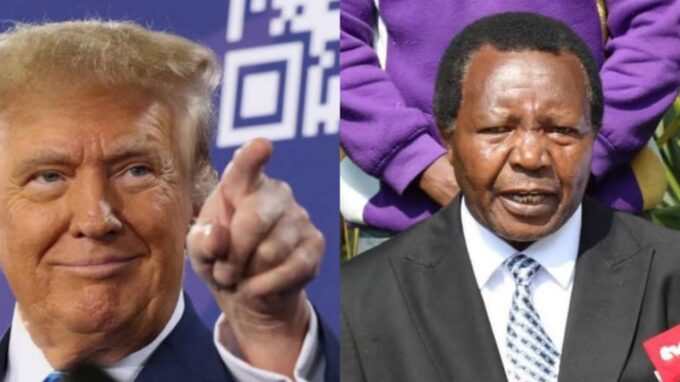

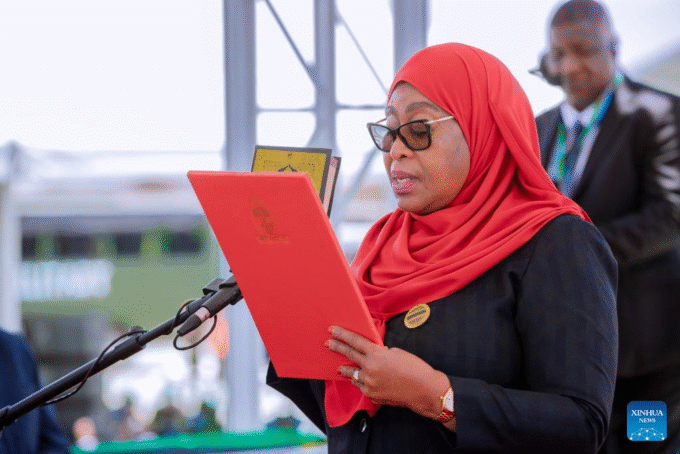
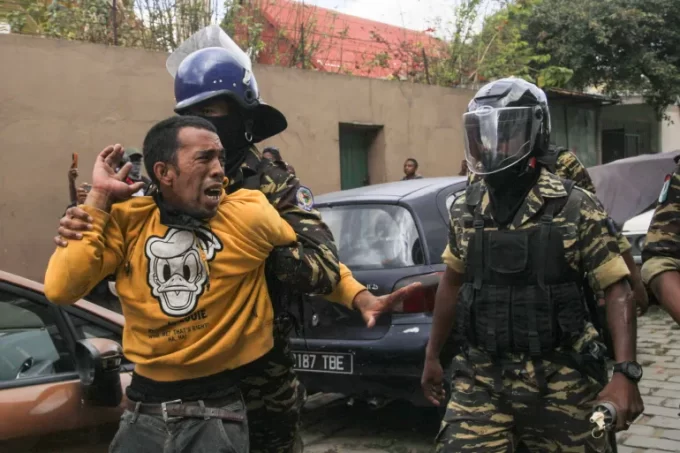
Leave a comment